
Read or listen offline
Amazon KindleRecommendation
Just in time for the 2012 US presidential election – and its inevitable postmortems – political scientist Samuel L. Popkin provides his take on past White House campaigners and explains why some succeeded while others failed. Popkin succinctly lays out the three major assignments that a presidential candidate must fulfill during this arduous campaign: Be one of the people, present a vision and run a well-managed campaign. A candidate who doesn’t measure up on all three counts, Popkin says, will never get the keys to 1600 Pennsylvania Avenue (or perhaps win any other political race, so his advice applies, in part, beyond the US or the presidential campaign). The only blot on this entertaining read is the occasional misspelling or transposition of famous names – but Popkin’s observations are so engaging that you probably will forgive him. getAbstract thinks political junkies will find this a page-turner, but, thanks to Popkin’s conversational and accessible style, so will anyone who cares about the democratic process anywhere. Winston Churchill allegedly said, “Democracy is the worst form of government, except for all the rest.” But perhaps a different piece of Churchillian wisdom applies: “Politics are almost as exciting as war, and quite as dangerous.”
Summary
About the Author
Elections expert Samuel L. Popkin is a professor of political science at the University of California, San Diego.








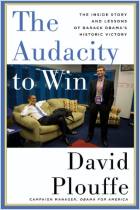
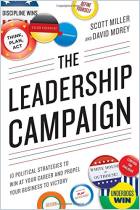
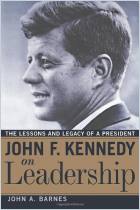
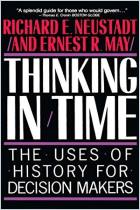

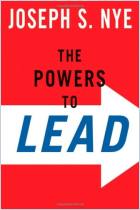





Comment on this summary or Comenzar discusión